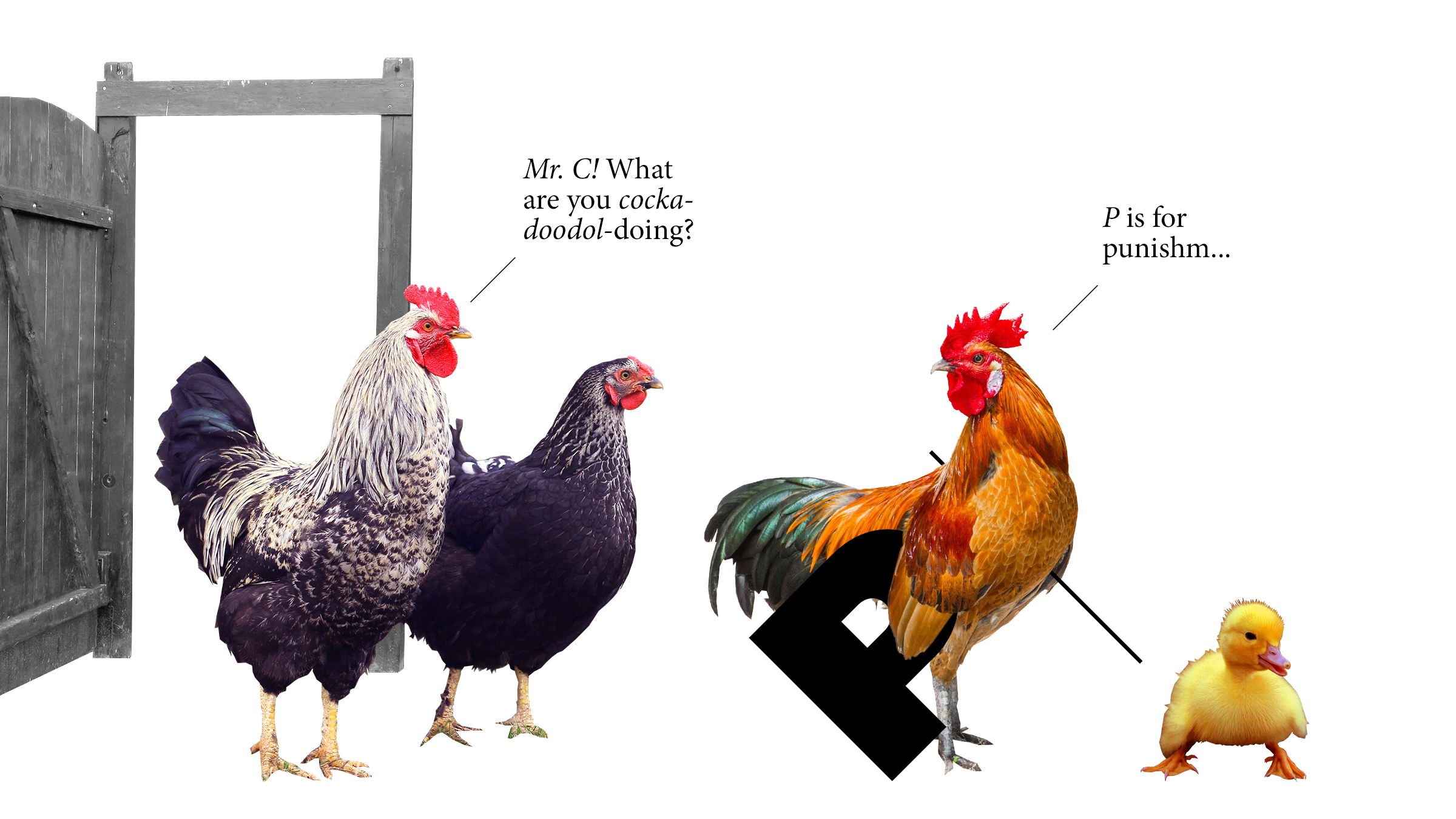Finnish schools are famous around the world for their pioneering methods and outstanding results. But as that same world changes, and at an ever-quickening pace, so must the principles of Finnish education.
The Finnish Innovation Fund Sitra has, together with the nonpartisan Nordic think tank Demos Helsinki, created a visionary new blueprint for the societal well-being of the future. The think tanks’ joint global project, The Next Era, also addresses the future of education.
Its findings are nothing short of revolutionary: We must change what we teach, whom we teach, and when we teach it.
Q: What should we teach?
A: The real world.
Phenomena
Finnish schools made international headlines a few years ago, when the government announced it would introduce an element of “phenomenon-based learning” into the new nationwide curricula. The new guidelines, that came into effect a year ago, stipulate that each Finnish pupil must receive at least one week of phenomenon-based teaching each year. In practice, this means blurring the lines between traditional subjects, like chemistry, biology, and environmental studies, and instead during that week focusing on cross-disciplinary concepts, like climate change. The added emphasis on phenomena also means that students get out of the classroom more, engaging with the world on excursions and the like.
The subject-driven curriculum originates from late 1800s America, where it was established by a small working group of educators called The Committee of the Ten. Many of its artificial, organizational structures are now being challenged by this phenomenon-based learning method. “The approach is based on reality rather than what is specified in the curriculum,” 31 Finnish education specialists wrote in a major 2015 study titled, A land of people who love to learn. Finnish schools’ focus on the real world also helps students cultivate the skill of curiosity, relating that which is taught back to the students’ immediate surroundings.
Capabilities
Indeed, it is not enough to teach a subject anymore; instead we must instruct students on how to learn and to collaborate. “The focus of education must increasingly be on metacognitive abilities, co-operation capabilities, and encouraging curiosity,” the co-founder of Demos Helsinki, Aleksi Neuvonen, writes in the Next Era publication, Rewiring Progress. By teaching students the capabilities of learning and working together we can ensure that they keep learning throughout their lives – crucial in an incessantly in-flux world.
Q: Whom should we teach?
A: Everyone.
Adults and the elderly, too
Finland has a long tradition of teaching adults: “folk high schools” or kansanopistot are autonomous, residential schools located all around the country. Anyone can enrol in them at any age. For a moderate fee, adults can learn everything from biology to dog training to Chinese language and culture. A lot of this teaching goes beyond subjects, focusing instead on how to become “critical and responsible members of society.”
Continued learning for adults has become increasingly important, as people have begun to lose trust in the media, and concepts like “post-truth” have taken root over facts. A global study this year, by Trust Barometer, found that 59 per cent of respondents would believe a search engine over journalists and they were also four times more likely to ignore information that did not support their existing views.
This is all especially interesting in terms of phenomenon-based learning. Should all citizens be required to take classes on concepts like climate change, for instance?
The wider community
“Schools must be places where all of the members of the local community, not just the actual students, are able to test and make use of the latest innovations,” Neuvonen says. “This inclusive school model, based on being connected with the local community, also provides a foundation for implementing phenomenon-based learning in education.”
One example of the bridging of the school with its wider surroundings is the High Tech High charter school network in San Diego, where students are selected so that they reflect the socio-economic makeup of their community. The pupils in High Tech High schools are then asked to come up with questions about their immediate environment: something that they are curious about, or problems in their communities that they would like to solve. In the past, these questions have included everything from gun violence to wildlife protection. The education then focuses in on those topics: students work together with teachers and the wider community to find new answers.
In other words, when we begin to teach the real world to students at schools, that can then simultaneously begin to introduce more learning into the lives of the adults in the community. The strict boundaries of schools are no longer relevant.
Q: When should we teach it?
A: All of the time.
Life-long learning
“It cannot be assumed that the educational fruits accumulated early in life will necessarily carry a person throughout a lifetime, as we live increasingly longer, change jobs more frequently, and try to navigate a world characterised by increasingly intensive technological advancement and expanding globalisation,” says Sitra’s foresight specialist, Jenna Lähdemäki.
The components of this life-long learning could for instance “consist of a study account for people over the age of 25, abridged study modules related to retraining, and technology-aided online learning,” Sitra’s leading specialist in foresight, Elina Kiiski Kataja, lists in the Next Era publication, From the trials of democracy towards future participation. Lähdemäki argues that life-long learning could even be made compulsory.
“The rapid development of digital technology, artificial intelligence and robotics may create enormous differences in people’s capabilities over the next few decades,” Neuvonen says. By ensuring everyone has the tools and capabilities needed to keep learning, we can ensure the continuation of one of the core beliefs in Finnish education: equality.




Articles
Share these too.